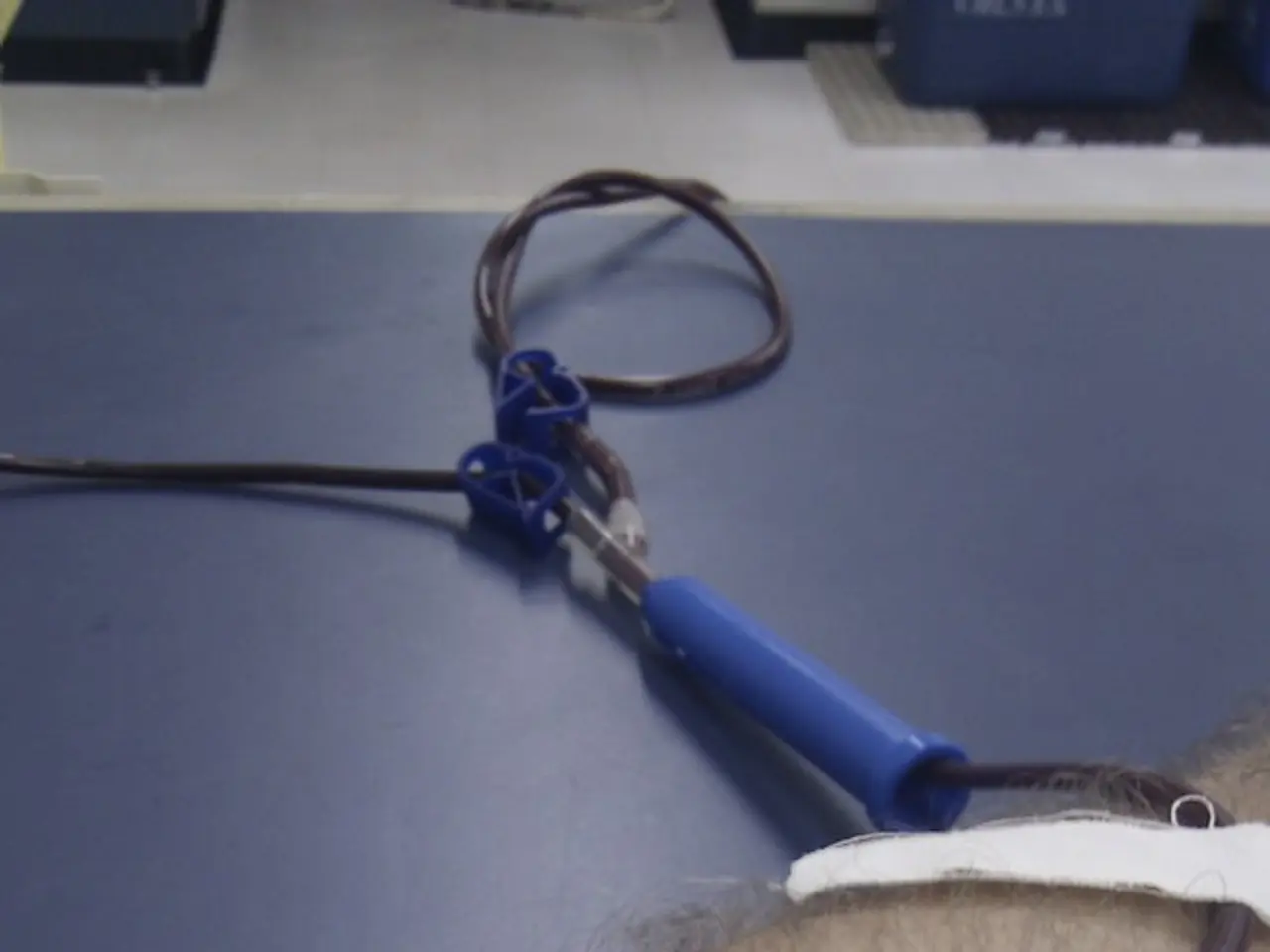Friend from Saudi Arabia secretly donates a kidney to his best buddy
In a heartwarming story that has sparked a national conversation, Shaaker Al Otaibi, a resident of Saudi Arabia, donated one of his kidneys to his long-time friend Fahad. This act of kindness, which took place without fanfare or expectation, has put the spotlight on the country's notable rate of live organ donations, particularly kidney and partial liver donations.
The friendship between Al Otaibi and Fahad, which began nearly two decades ago, has survived time, distance, and the toll of chronic illness. Fahad had been battling end-stage kidney failure for years, and Al Otaibi's decision to donate was motivated by a desire to save his friend's life. The decision was taken after learning that their tissue matched, making Al Otaibi an ideal match for Fahad.
Saudi Arabia now ranks third globally in the number of live organ donors, according to the Global Observatory on Donation and Transplantation (GODT). In 2024, the Saudi Centre for Organ Transplantation recorded 1,706 live donor transplants, including 1,284 kidney donations and 422 partial liver donations. This represented a 4.9% increase from the previous year.
The country has well-established liver transplant programs involving both brain-death donors and living-related partial liver donations, with centres such as the King Abdulaziz Medical City (KAMC) actively performing these procedures since the 1990s and expanding their capacity. This robust infrastructure supports the relatively high volume of live donations.
Comparatively, Saudi Arabia’s ranking as third worldwide in live organ donation reflects a higher rate than most countries globally, many of which rely more heavily on deceased donor transplants and have lower live donor rates. Countries with similar or higher live donation rates tend to have well-developed transplant systems and culturally supportive environments for donation, like South Korea, Japan, and some Western countries. However, Saudi Arabia’s position indicates a strong national commitment and successful implementation of live donation programs, particularly for kidneys and partial liver grafts.
Al Otaibi, the donor, did not seek praise or recognition for his act, stating, "I just wanted my friend back." He revealed his identity as the donor on the television programme Sabah Al Arabiya. Fahad remained unaware of the donor's identity until after the transplant.
This selfless act has further emphasised Saudi Arabia's commitment to organ donation, a topic that has been gaining traction in the country. The increase in live organ donations in Saudi Arabia, with 1,706 transplants recorded in 2024, is a testament to the country's advancements in healthcare and its supportive environment for organ donation.
- The national conversation on organ donation in Saudi Arabia, sparked by Shaaker Al Otaibi's selfless act of donating his kidney to his friend Fahad, underscores the country's commitment to health and wellness, as well as their advancements in science and therapies and treatments.
- The country's notable rate of live organ donations, particularly kidney and partial liver donations, as shown by the 1,706 live donor transplants recorded in 2024, highlights the robust infrastructure and supportive environment for donation within the nation's health-and-wellness framework.
- The surge in live organ donations in Saudi Arabia, with many of these transplants being kidney donations like Al Otaibi's, indicates the nation's progress in nutrition and its ability to sustain and improve the health of its citizens, contributing to a healthier nation overall.




